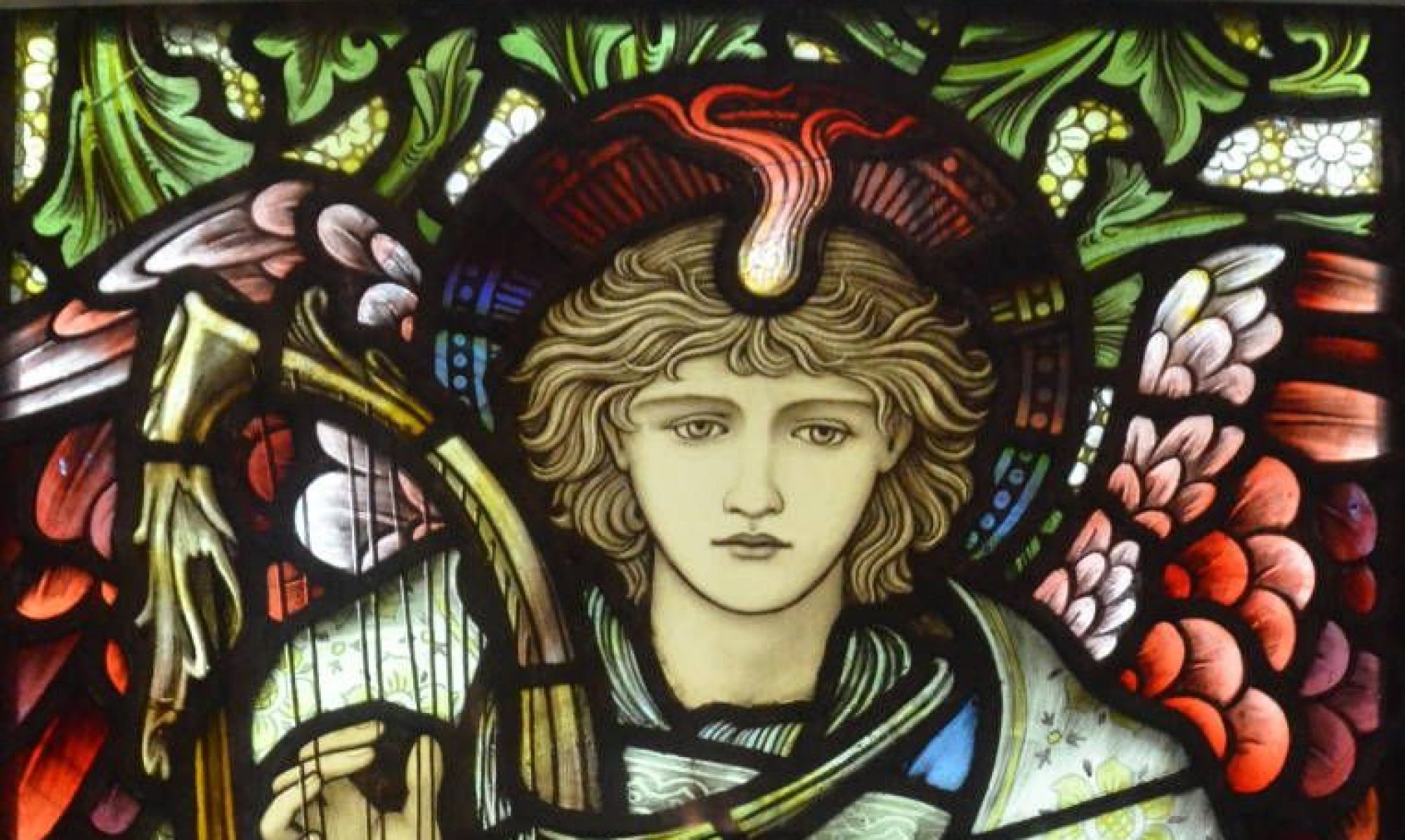Meredith Martin, “Poetry at the Origin of Language”
The story of language origin theories in the eighteenth and nineteenth centuries is one in which we move away from the speculative mysticism of universal language and toward what we eventually understand as the science of linguistics. And yet the story of language origin theory and its influence on poetry, especially toward the end of the nineteenth century, embraces anew the sense that the essence of things — dearest freshness deep down things — might be discoverable through language. “Poetry” was crucial to the largely debunked theories of language origin because it could signify through emotional expression (a cry of pain or joy), a rhythm — and eventually a rhythmic pattern, or through metaphor. If poetic rhythms were based in a natural world as understood by Victorians, then those poetic rhythms were going to be as threatening and complicated as the natural world itself. Browning, Swinburne, Hopkins, and Blind all compressed epic and complicated rhythms into the poetic line to decenter man’s place in the natural world and to explore where, if anywhere, one might still feel comforted by religion amid “the limitless deserts of sand and wildernesses primeval.”
Michael Tomko, “So Might I”: Wordsworth’s Vexed Search for a Contemplative Ecology”
This paper returns to William Wordsworth’s 1802 sonnet, “The World is Too Much with Us,” in an attempt to identify an alternative way of approaching the relationship between ecology and spirituality. This sonnet has long been read as a lament of secularization, anticipating Matthew Arnold’s “Dover Beach.” Yet if approached from a post-secular vantage, namely without M.H. Abrams’s metanarrative of “natural supernaturalism,” does the poem show Wordsworth seeking a mode of human culture with ecological sustainability, contemplative depth, and mythological vitality? Based on new micro-historical research on the poem’s composition near Dover and renewed attention to the religious politics of its intertextuality, this paper will argue that Wordsworth’s sonnet makes a prescient move towards a contemplative ecology that anticipates certain strands of eco-criticism, but that his entanglement in the limiting assumptions of British religious history ultimately curtail that vision.
Manu Samriti Chander, “Christian Romanticism in Nineteenth-Century British Guiana”
According to a familiar narrative, Romanticism arose in response to two centuries of progressive secularization. As such, Romanticism is characterized by what M.H. Abrams famously called “natural supernaturalism,” the “general tendency…to naturalize the supernatural and to humanize the divine.” This paper looks beyond Western Europe in order to demonstrate a remarkable countermovement that establishes a divine Christian presence immanent in the Romantic aestheticization of nature. In sites such as colonial British Guiana, I argue, Christianity and Romanticism—two of England’s chief cultural exports—form the axes along which the poet could organize readers so as to broaden his poetry’s readership and produce a reading nation unified in taste and moral sensibility.
